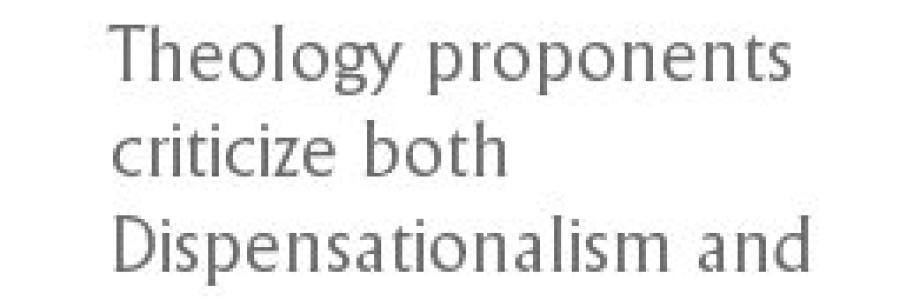Literal or Figurative?
One of the biggest debates among Christians is how to interpret the Bible. Liberals accuse conservatives of taking the Bible too literally. Conservatives accuse liberals of not taking the Bible seriously enough, often by declaring controversial sections to be figurative. That seems to be a handy way to avoid passages that teach what you don’t want to believe.





Discussion